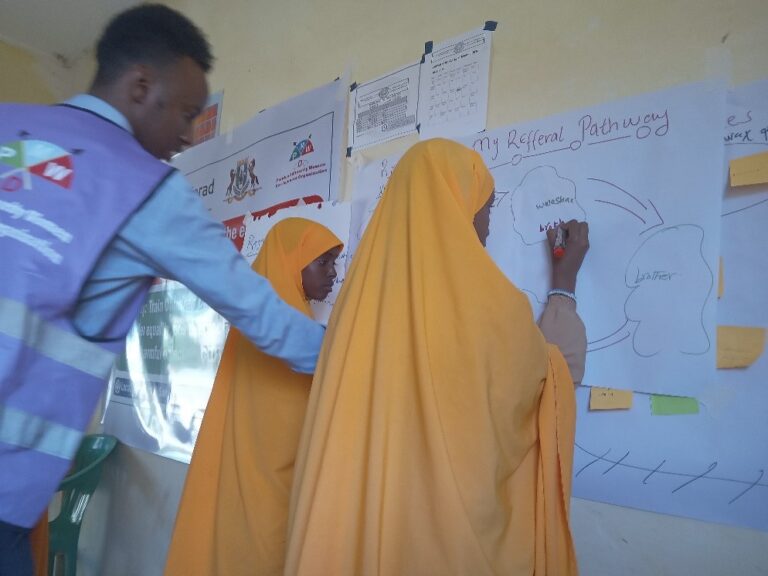Empowering Minority Women and Children in Somalia
Over 15 years of transforming lives through health, education, WASH, protection and advocacy for minority communities in Puntland Somalia.



About us
Championing Equity and Inclusion in Somalia
Since 2001, we at the Puntland Minority Women Development Organization (PMWDO) have been dedicated to uplifting marginalized communities across Somalia. Founded by women from minority groups, our mission is to improve social welfare and build capacity through education, health services, and sustainable development initiatives. We envision a society where every individual, regardless of background, has equal access to basic services and opportunities.
- Reached over 200,000 individuals across Puntland
- Focus Areas in Education, WASH, Protection, Gender Equality, Peacebuilding
- More than 200 dedicated staff and volunteers
- 28 projects implemented successfully
- Ongoing community based initiatives in different locations
Our Thematic Areas
Why Us
Our Commitment to Impact
Community-Rooted Leadership
With decades of local experience, our women-led team brings deep cultural knowledge and trust to every initiative we deliver.
Inclusive, People-First Programs
We design our services around the real needs of marginalized groups, ensuring every voice is heard and every life is valued.
Sustainable, Lasting Change
We focus on long-term outcomes through training, empowerment, and local ownership to build resilience that endures.

latests news
Updates from the field
Our Partners








Testimonials
Honest Words from Our Communities

Amina Hassan
Mother of 5 - Afweyn IDP Camp
“Thanks to PMWDO’s clean water project, I no longer worry about my children getting sick. It has changed our daily life completely.”

Ismail Warsame
Youth Volunteer, Bosaso
“Through their youth peace initiative, I learned how to lead, mediate, and build trust. I now help resolve disputes in our camp.”
Ready to Help Transform Lives?
Your support brings education, clean water, protection, and opportunity to marginalized communities in Somalia.



